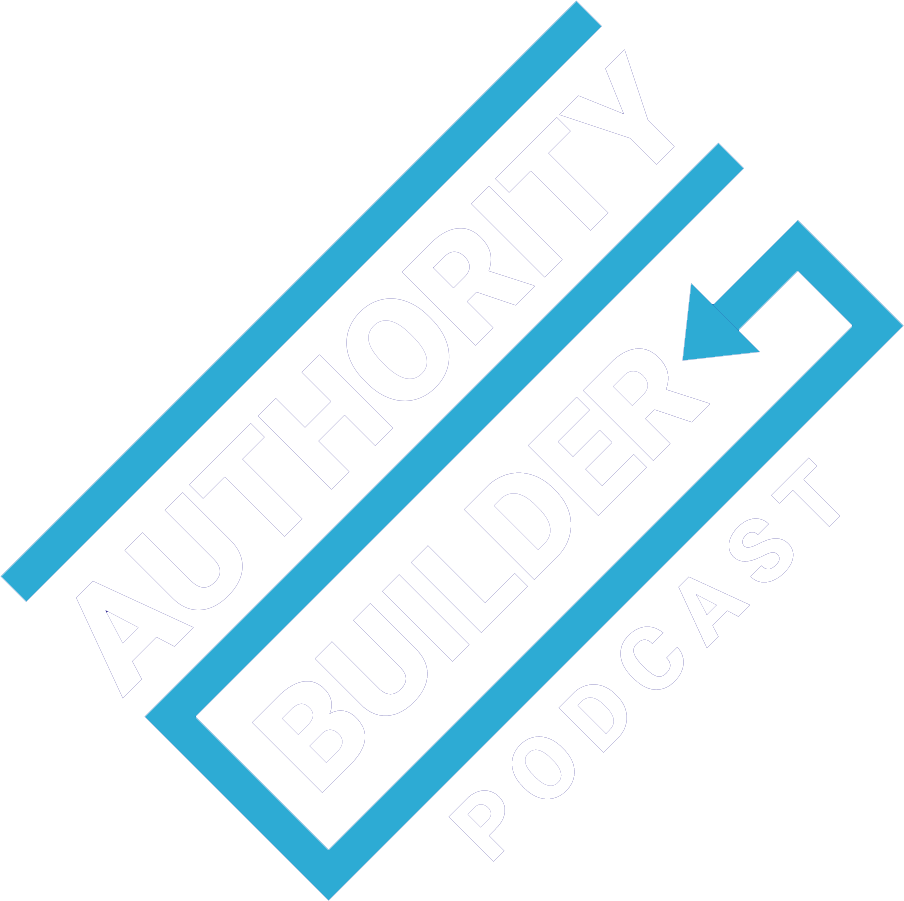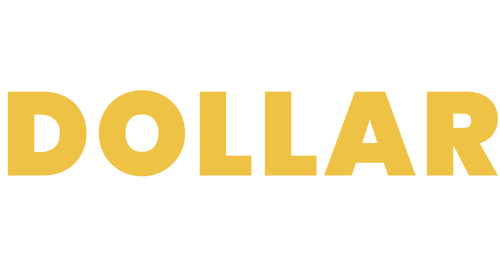These days it’s common for businesses to have “virtual” teams spread across the country… even the world.
But when Tina Forsyth coined the term online business manager back in 2008 and wrote her first book on the topic, she was a pioneer in the outsourcing space.
She continues to innovate, helping business owners find the right people they need to run and grow their business.
We talk about how to find those key people, as well as…
- Creating a business that doesn’t need you around
- Where to find (and how to recognize) employees better than you
- The two mindsets of outsourced employees (one you must avoid)
- When delegating goes bad
- And more…
Episode Timeline:
00:11 Today Steve speaks with the Tina Forsyth. Tina has been working online since ‘99 and is the author of the award winning “The Entrepreneurs Trap” and founder of the OBM Association.
01:36 Tina tell us how she started off in business and how it led her to writing “Becoming An Online Business Manager”.
07:02 Accepting that there will be difficult times ahead helped Tina overcome them when they came.
08:38 Tina always needs a new problem to solve.
11:06 Steve explains his strength is putting together teams and systems.
13:30 Tina talks about having an identity crisis when she found it hard letting go.
19:55 Tina explains how to find the right people to take over from you.
25:40 Steve talks about his virtual business and getting people with expert mindsets.
27:19 Tina tells us how she chooses between the two mindsets.
30:06 Tina tells us why we don’t need big teams, to keep it lean and tells us about her “sigh of relief moment.”
33:36 Tina explains the “Taking Inventory Exercise” for hiring.
36:47 Steve talks about his own experience of moving stuff from his plate.
38:19 Tina explains her zone of excellence.
40:09 Tina tells us how best to get in contact with her.


